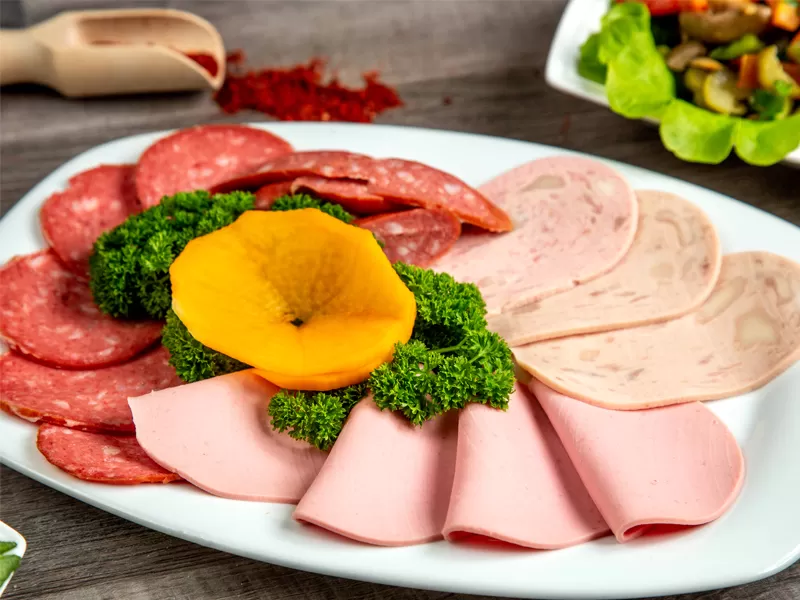








Transglutaminase (TG or TGase), one of Punature's primary products, which is produced from the fermentation process of Streptoverticillium mobaraense, can improve the capability of the food protein, like emulsification, gelation, viscosity and high thermal-stability. These are the main transglutaminase enzyme functions. Now it is widely used in meat, dairy and bakery industry, showcasing transglutaminase's broad applications in food industry .

Understanding the transglutaminase meaning and its safety profile is crucial. Transglutaminase (TG enzyme, or "meat glue") is recognized as safe by global food authorities, including the FDA (GRAS) and EFSA, when used within recommended limits. This enzyme, naturally present in humans and animals, crosslinks proteins to improve texture in processed meats, seafood, and plant-based products. For specific guidelines on its application, many professionals provide detailed transglutaminase PDF documents. Concerns about allergies or hidden binding in "restructured meats" exist, but food labeling regulations in many countries require disclosure. In plant-based meat analogs, TG helps bind pea or soy proteins for better bite and juiciness, a key transglutaminase function. Best practices include using <0.5% by weight and proper activation at its transglutaminase optimal temperature (50°C) for 2–4 hours for optimal results without compromising safety.

Plant-based meats often struggle with texture and cohesiveness, leading to crumbly patties or sausages. Transglutaminase addresses this by forming irreversible bonds between plant proteins, mimicking the fibrous structure of animal muscle. For example, in pea protein burgers, a 0.3–0.5% TG addition before cooking enhances chewiness and reduces breakage.The enzyme works best with high-protein substrates (e.g., soy, wheat gluten) under controlled humidity (≥85%) and moderate heat (40–55°C), which are optimal conditions for using transglutaminase effectively. Unlike methylcellulose or starches, TG provides a "clean label" solution without synthetic additives, aligning with consumer demand for minimally processed foods.





